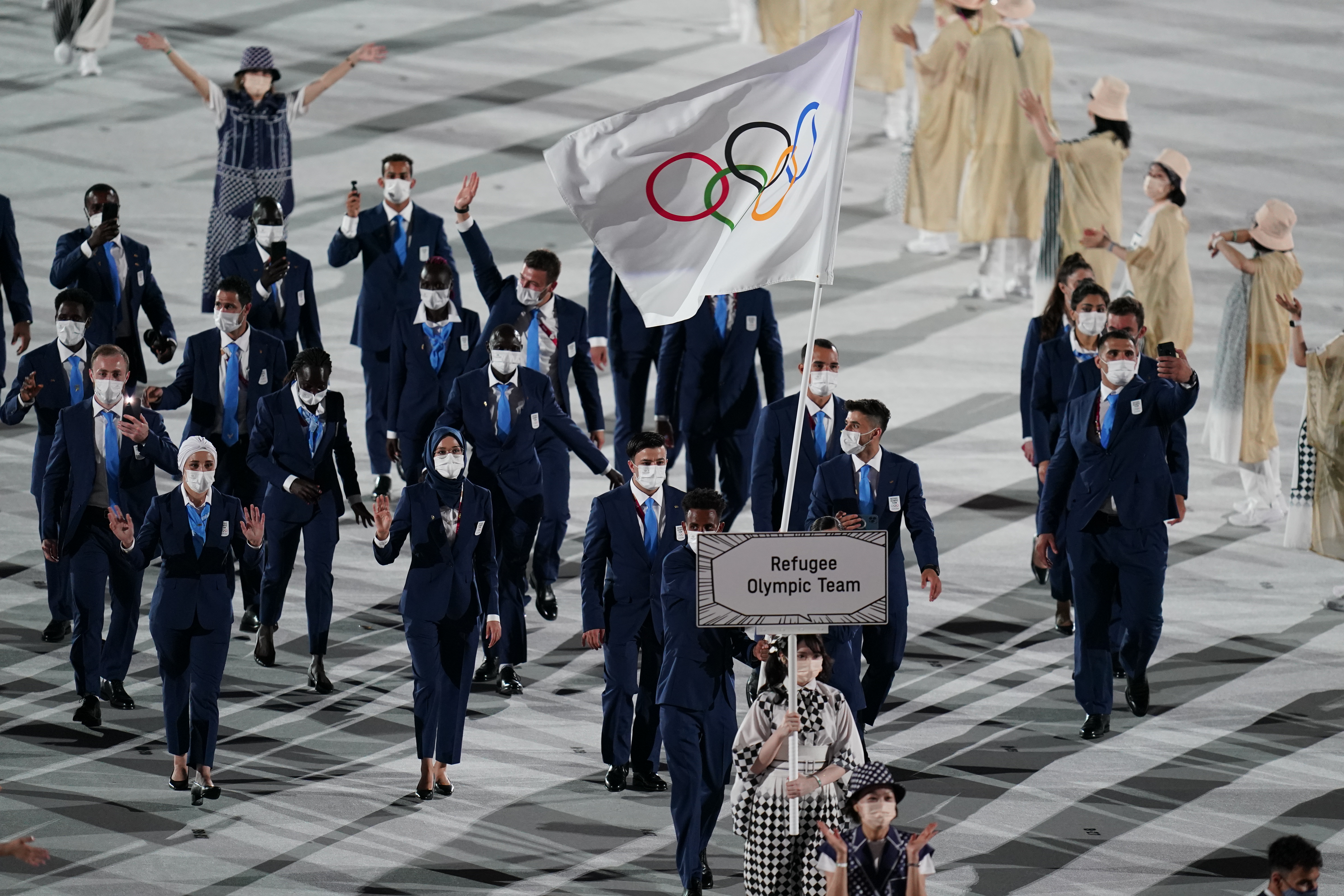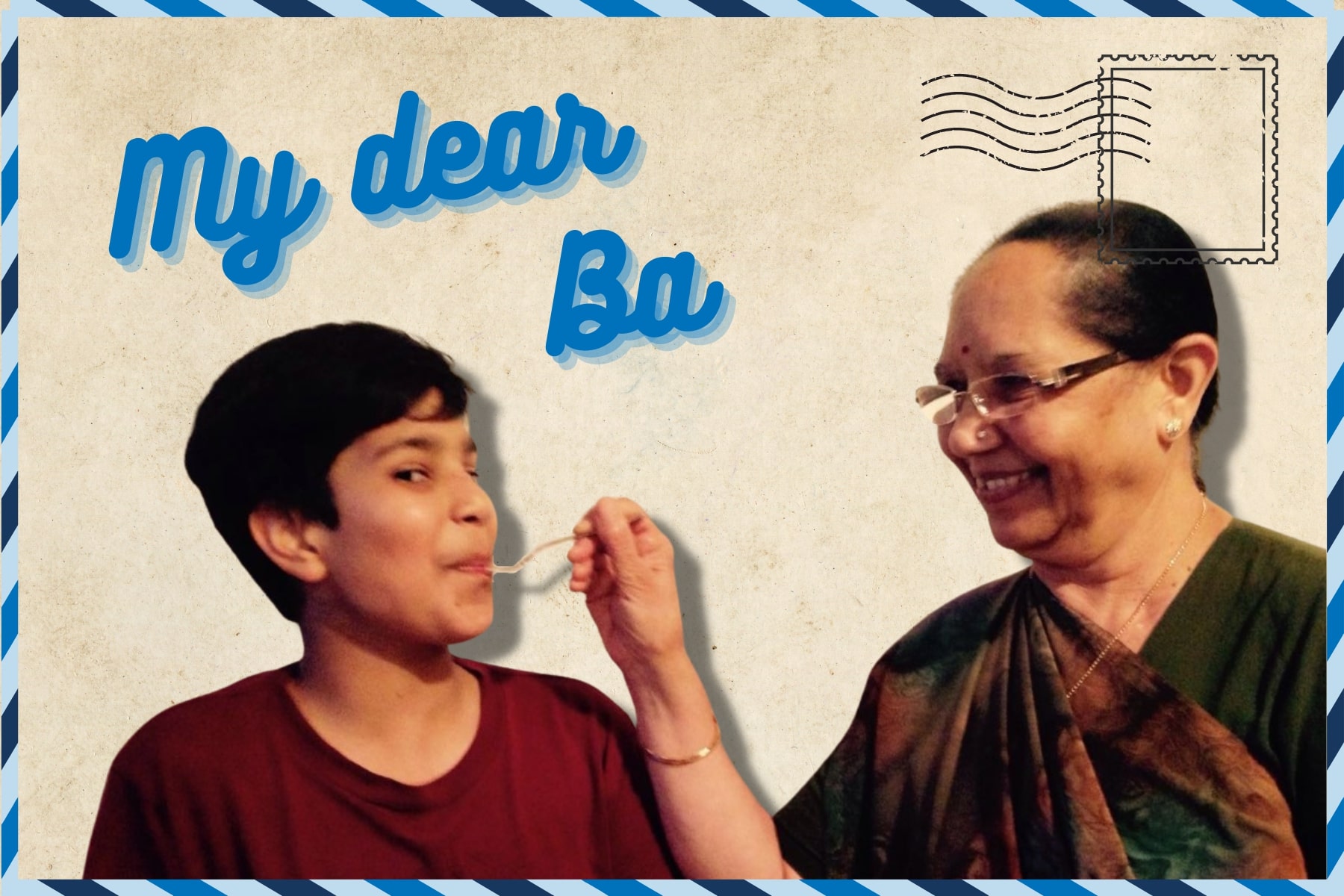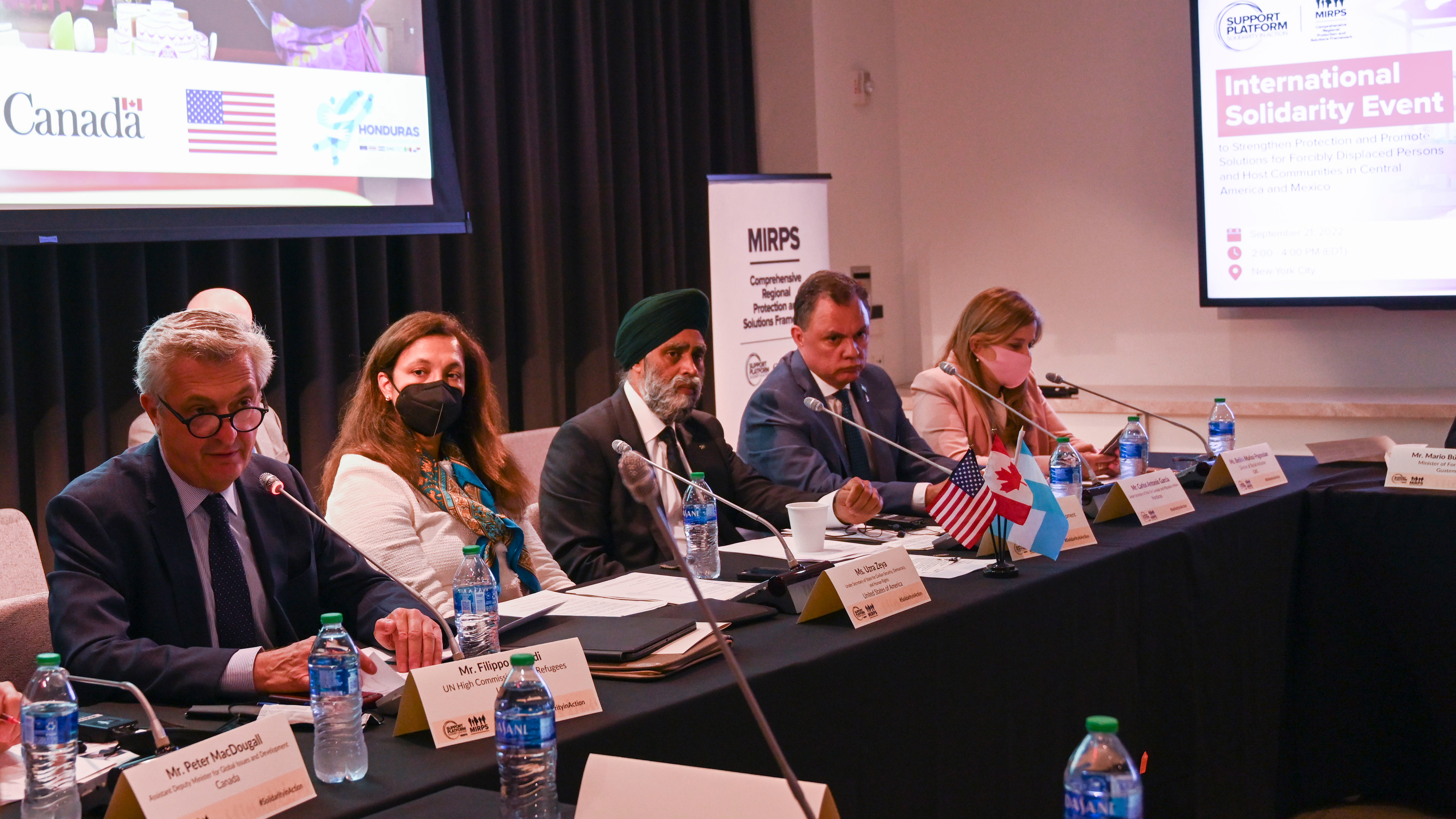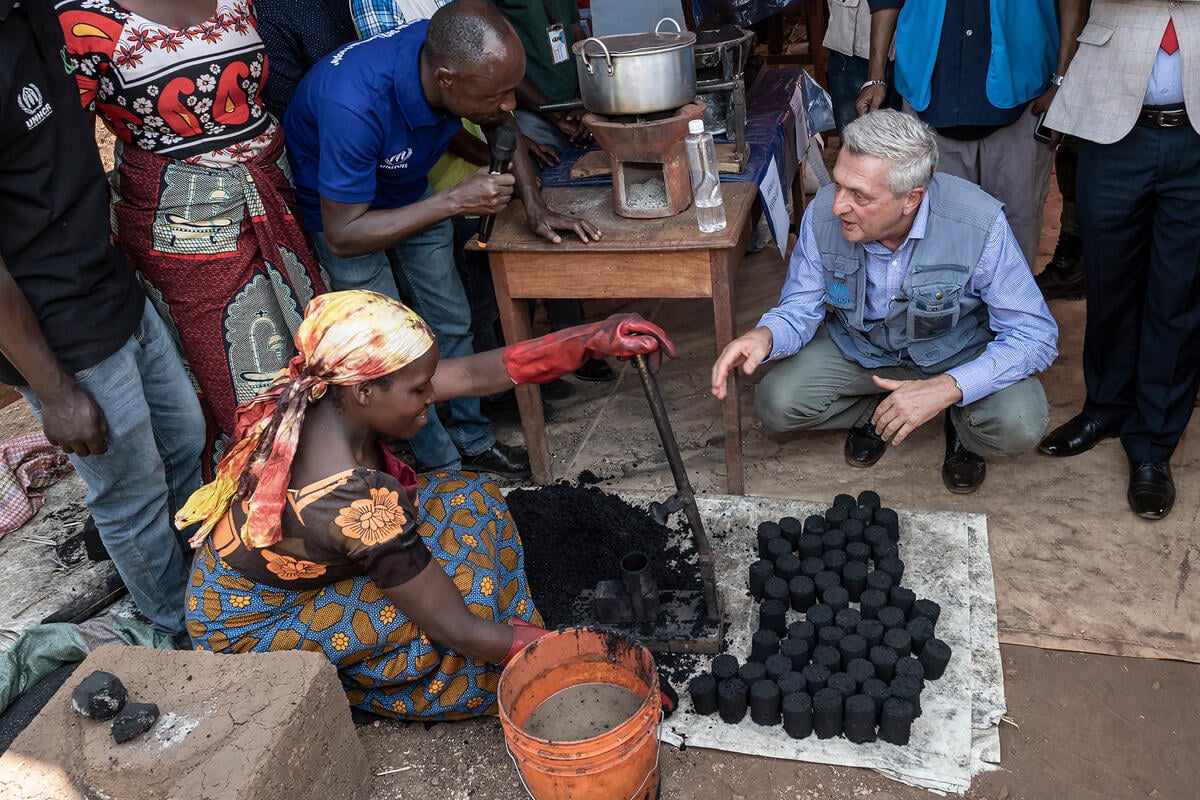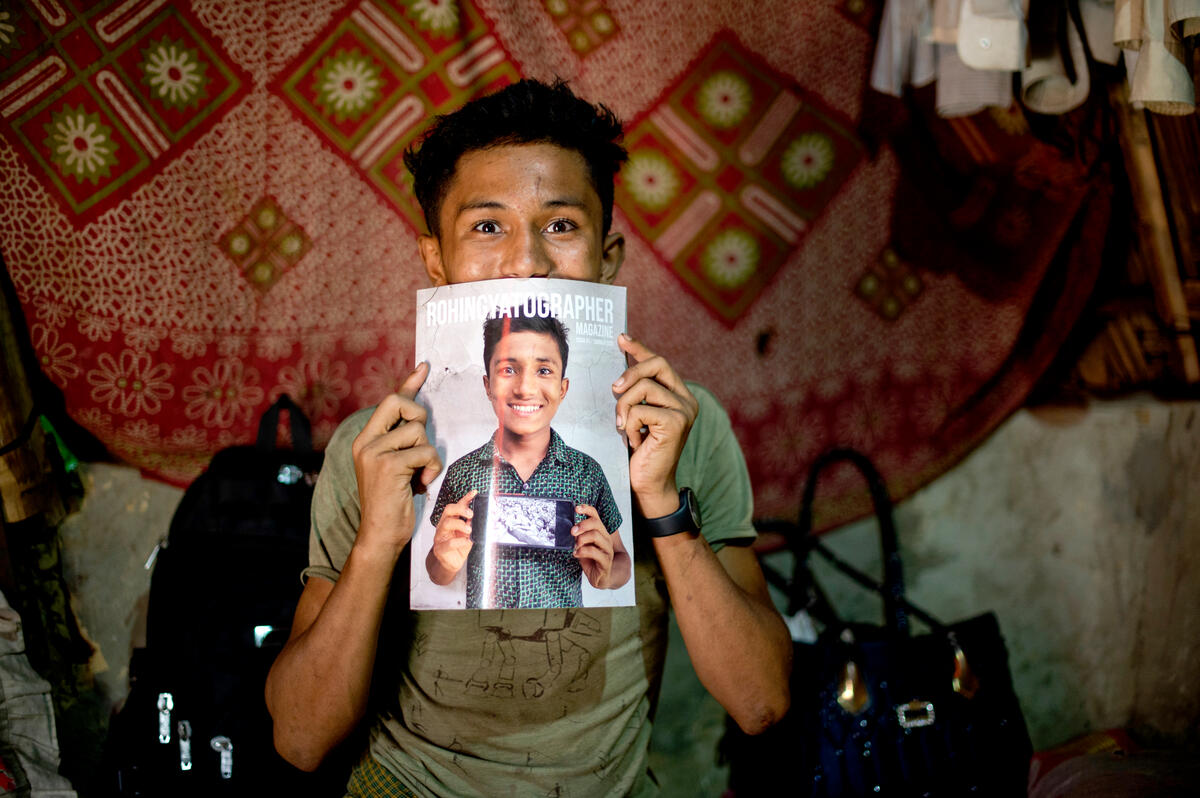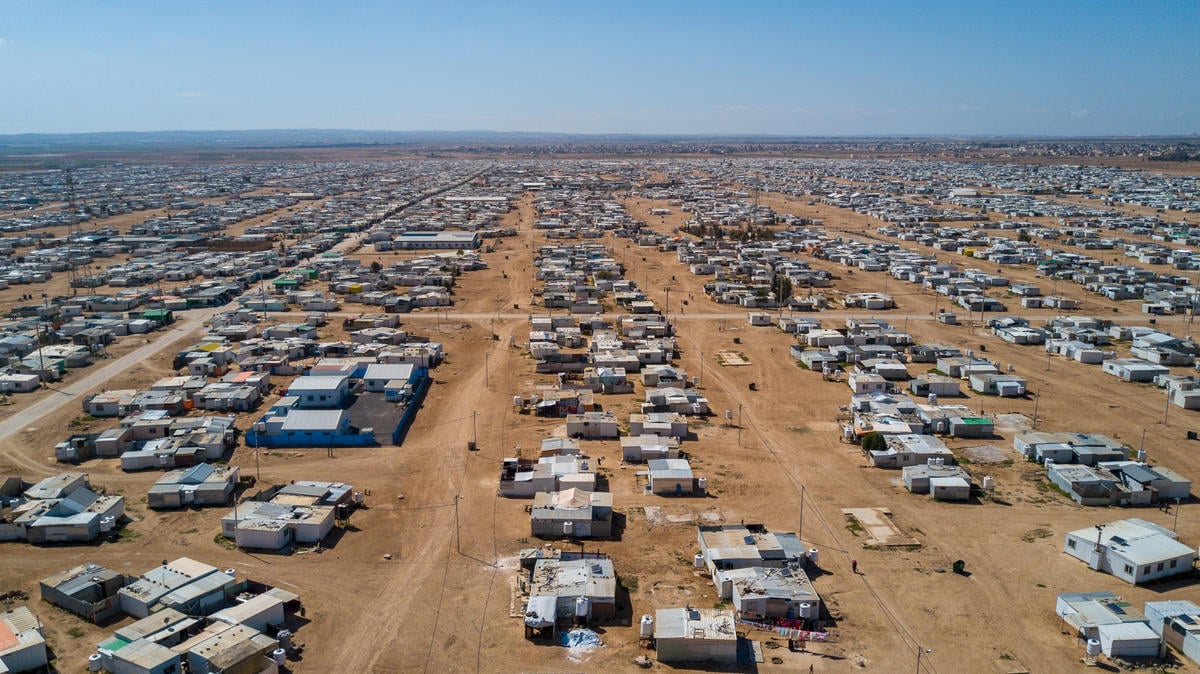Mobile counselling helps refugees in Nepal decide their future
Mobile counselling helps refugees in Nepal decide their future

Damak, Nepal, 16 August 2012 (UNHCR) - Twenty-five-year-old Prem Bahadur wishes to be resettled as he understands there are better services in those countries for visually impaired people. His father, 60-year-old Krishna Bahadur fears his son might face problems adjusting to a new country because of his disability and hopes that someday he will be able to take his family back to Bhutan.
Despite the resettlement of over 69,000 refugees from Bhutan from the camps in eastern Nepal, there are still individuals like Prem Bahadur and families who are in a dilemma: they cannot decide whether to opt for resettlement to another country or wait in the camps in hope that they might be able to go back to Bhutan.
The UN Refugee Agency has started mobile information counselling in the camps to help families resolve such dilemmas, providing in-depth and targeted information on "durable" solutions, This project, which began as a pilot exercise in 2011, has now become a regular activity.
"As the camp population continues to decrease due to large-scale resettlement departures, we find that there are many individuals within families who have conflicting views about the future, thus making it difficult to come to a family-level decision," said Michael Wells, Resettlement Officer at UNHCR Sub-Office Damak.
"It is very important that a final decision to express interest in resettlement is made and accepted by all family members. This process of coming to a consensus encourages family unity for families who proceed on resettlement or remain in the camps. However, if some adult family members wish to pursue resettlement on their own, they can do so without conflict or fear after having consulted and agreed with their family members," added Michael.
A team of two UNHCR staff members, wearing orange T-shirts and caps, visits individuals and families daily and provide responses to their various queries on durable solutions.
"The response of the refugees towards mobile information counselling has been great," said Jeevan Darnal, Durable Solutions Case Worker at UNHCR Sub-Office Damak, who undertakes disability information counselling. "Refugees, particularly those who are more vulnerable, feel more comfortable and ask more questions than they would in group information sessions."
Since the start of the third country resettlement programme in late 2007, the UN refugee agency has held regular information sessions and focus group discussions in the camps. Special information sessions are also organized for marginalized and vulnerable individuals.
The addition of mobile counseling has been a huge success. "It has increased shared decision making and reduced tensions in families. This approach, which is reflective of refugees' needs and interests, has enhanced our access to refugees. Some have decided not to pursue resettlement; however, of 11,000 visited so far, over 8,000 refugees have come forward to express interest in resettlement," said Wells.
The 69,300 out of the original 108,000 refugees from Bhutan who have been resettled have gone to eight different countries. With over half the original population resettled, the seven refugee camps in eastern Nepal have been merged to two, Sanischare and Beldangi. Among the over 44,500 remaining refugees in these camps, some 34,700 have expressed an interest in resettlement.
By Pukar Ghimire and Nini Gurung in Damak, Nepal

